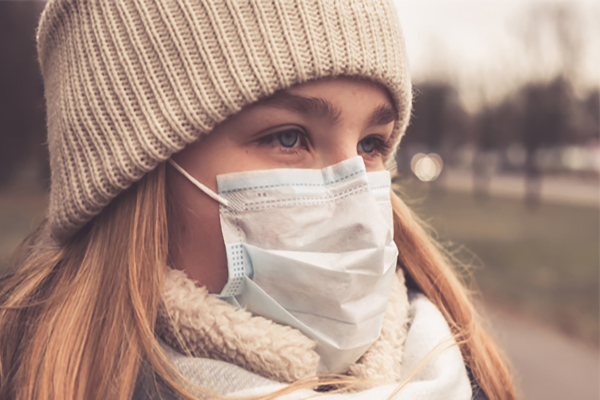Protecting Your Workplace from Coronavirus and the Flu
As the number of reported cases of the novel coronavirus (COVID-19) continues to rise, it has become increasingly important that employers take steps to protect themselves and their employees from an outbreak.
It’s the responsibility of every employer to protect employees from these and other illnesses in the workplace. Taking even small precautions could save an organization countless hours of lost productivity.
Identifying Coronavirus Symptoms
Common coronaviruses typically cause mild to moderate upper-respiratory tract illnesses, and those affected exhibit cold-like symptoms. The most common symptoms include:
- Headache
- Cough
- Fever
- Sore throat
- Runny nose
Some cases of coronavirus can be more severe, and individuals experience more serious lower-respiratory tract illnesses like bronchitis and pneumonia. For the elderly, infants and those with weakened immune systems, a coronavirus can be deadly.
Diagnosing a Coronavirus
More dangerous coronavirus strains elicit similar symptoms to the cold or flu, so identifying the virus can be difficult. If employees are suffering from flu-like symptoms—especially if they recently traveled to an area of the world experiencing a coronavirus outbreak—they should call their doctors immediately. Doctors may require initial phone conversations, not office walk-ins, to help contain the potential illness.s
Precautions for the Workplace
Employers should protect against coronaviruses much like they protect against the flu: Offer on-site flu shots, stock cleaning wipes and hand sanitizer, and educate employees on prevention methods.
Individuals should take the following precautions to avoid person-to-person spreading of a coronavirus:
- Avoid touching your eyes, nose or mouth with unwashed hands.
- Avoid contact with those who are sick.
- Wash your hands often with soap and water. If hand soap is not available, use an alcohol-based hand sanitizer that contains at least 60% alcohol.
- Cover your cough/sneeze with a tissue, then throw the tissue away.
- Clean and disinfect frequently touched objects and surfaces.
Unfortunately, there is no known vaccine for a human-contracted coronavirus, making precaution that much more critical.
Summary
Employee education is one of the best lines of defense for a workplace. General preventive health practices, like washing hands, can safeguard workers even when they’re at home.
Remind employees to keep up their hygiene and educate them on the symptoms of coronavirus symptoms so they know what to look out for. Together, you and your employees can stay safe, healthy and productive.


